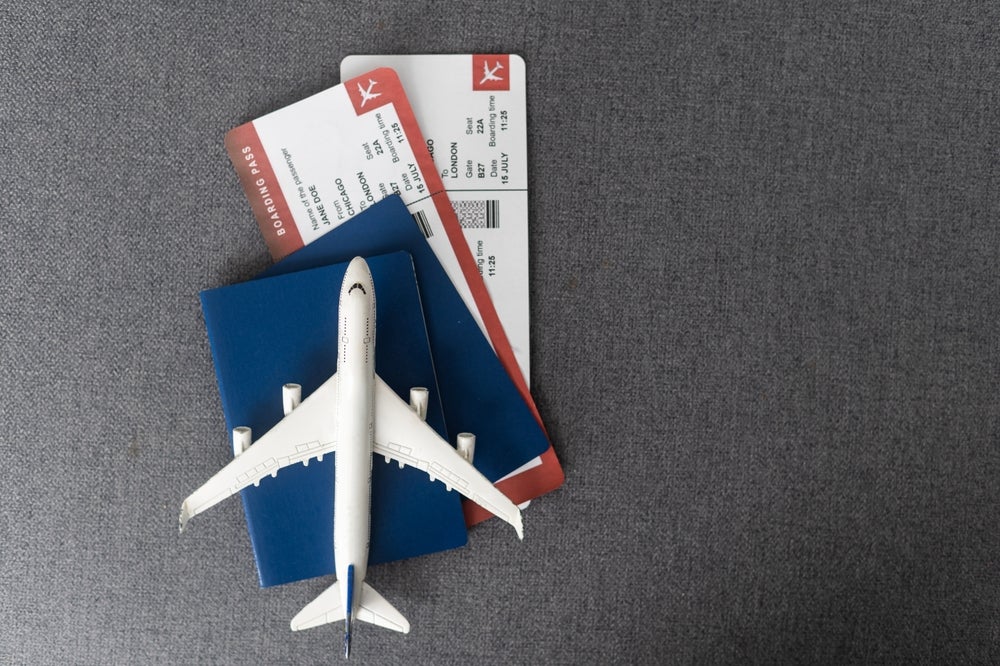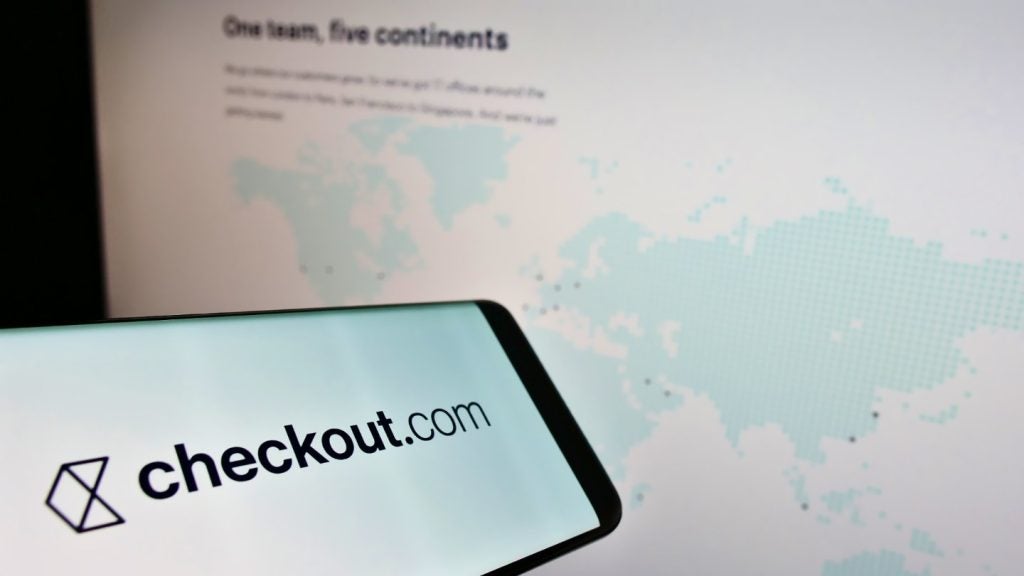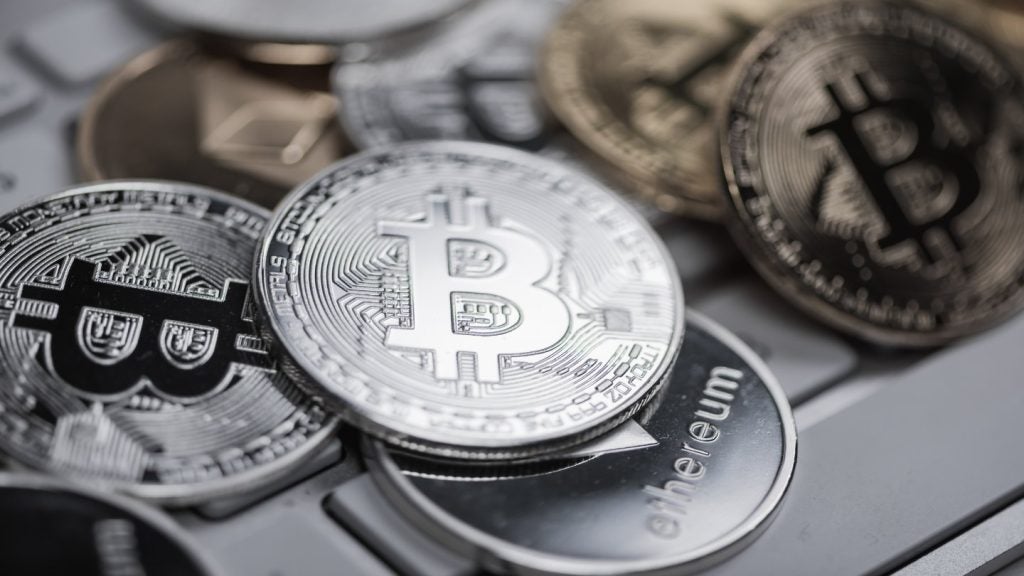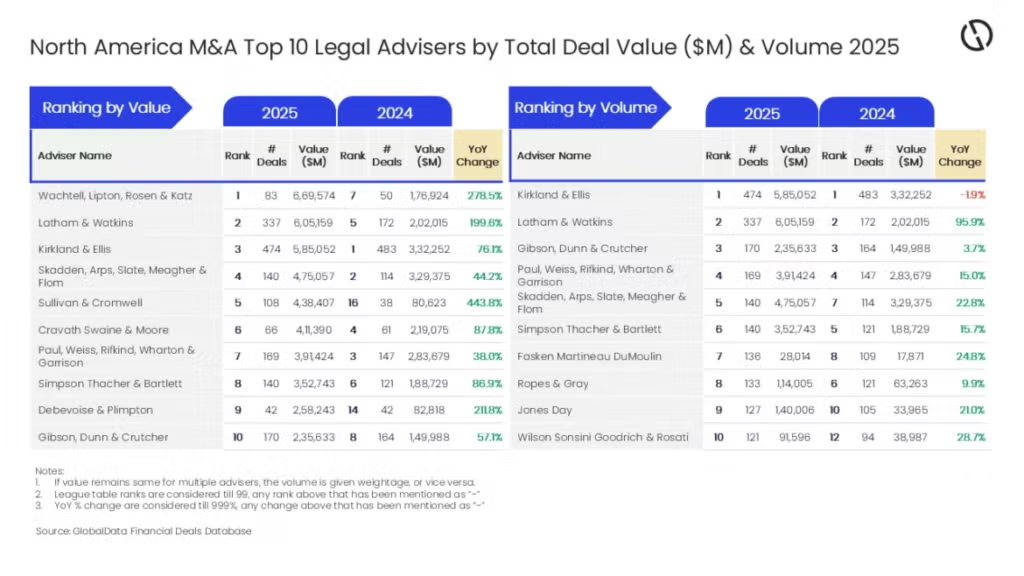Each year, airlines lose an average 8% of their total revenue – a huge $60bn worldwide – as a result of flight disruptions. This is before you count the reputational cost of travel delays, which affect 500 million passengers annually. While a lot of work is being done to mitigate the effects of airline disruption from an operational and technical perspective, little has been done in the realm of payments. It’s still commonplace to find paper vouchers, cash, bank transfers and travel or reward vouchers.
Processing legacy compensation payment methods, which include paper vouchers and clunky and data-sensitive bank transfers, cost airlines around £50 (roughly $70) per passenger, excluding the actual compensation. This amounts to billions of dollars spent every year on unnecessary administration fees and employee overtime, not to mention the increasing frustration for passengers who are used to instant resolution in most other areas of their life.
Outdated compensation systems lead to lost revenue
Research from TAConnections shows flight disruptions are the biggest cause of passenger dissatisfaction, while 32% of customers will abandon a brand they love after just one negative experience. Nowadays, consumers expect to be compensated with instant, frictionless mobile-first payment methods. Why should this not be the norm if your flight is disrupted or your baggage is lost? Paper vouchers and cumbersome bank transfers don’t hit the mark anymore.
The flight path for compensation
Besides being financially inefficient, older compensation methods are difficult to use and potentially unsafe. Paper vouchers – used during travel delays to offer passengers money to buy food and drink while they wait – can be fraud prone, easy to replicate, and environmentally unfriendly. Moreover, many retailers refuse to accept vouchers, meaning passengers are extremely limited on how they spend their funds and unable to split their purchases across retailers, taking away the customer’s choice.
In addition to these food and drink welfare payments, compensation is made to travellers in the case of long delays, cancellations, or lost luggage, for which the airline is responsible. Traditionally, these funds are distributed via bank transfer or future travel vouchers after the delay or incident – and only when the passenger actively applies for compensation. The long-drawn out claims process, which can take months from the point of disruption to the final compensation payout, drains airline resources. And all for what? A disgruntled customer, likely to choose another airline next time they fly.
The volume of compensation claims is rising – fast
For one thing, passengers are becoming more aware of their rights: according to AirHelp’s 2023 Air Travel and Disruption report, the number of travellers using external claims companies is set to increase 25% in the five years between 2023 and 2028. It’s clear airlines that have a huge opportunity to regain control over compensation, rather than leaving it to the hawkish claim companies to covet the passenger in times of disruption.

US Tariffs are shifting - will you react or anticipate?
Don’t let policy changes catch you off guard. Stay proactive with real-time data and expert analysis.
By GlobalDataMoreover, as customers are becoming more savvy, regulations are becoming more strict. Late last year, the USA – traditionally known for its conservative approach to passenger rights – proposed new regulations that would require carriers to compensate travellers for long delays and cancellations. Turkey recently introduced similar rules. With more passengers aware of their rights, social media spreading bad news faster than it spreads good, and of the legal ramifications of these rights growing, airlines must prepare for an even more formidable compensation market in the future.
Yet legacy compensation payment systems persist
In theory, the solution is simple. Nowadays, technology enables instantaneous, automated payments to a huge number of recipients. This means airlines can provide passengers with funds immediately at the point of disruption, cutting down on the travellers’ stress as well as their own administration costs. The problem of legacy payments comes less from a lack of available technology and more from inertia. Airlines have the power to take control of compensation payments, but many remain attached to traditional systems.
Centralised, instantaneous, seamless
Compensation doesn’t need to be a manual process. The technology is out there to centralise and automate fund distribution, so that airline staff don’t have to waste time calculating the value of passenger claims, ensuring compliance, handing out paper vouchers, or managing bank transfers.
Prepaid payment cards – which come in physical or virtual form – can be loaded with funds remotely and topped up in increments. Unlike vouchers, the payment cards are universally accepted by all retailers and allow airlines to make instant compensation payments to all passengers. Extra funds can then be automatically added to card by the airline, for example in the case of further delays. This saves both customers and airlines from the painful process of compensation claims.
Mobile payments are especially important, with 42% of UK adults using mobile contactless payment methods such as Apple Pay or Google Pay, according to data from UK finance. This mobile option can be securely used in tandem with physical payment methods, such as prepaid cards.
Another major benefit of digital compensation, as opposed to paper vouchers and bank transfers, is the access it offers to passenger data. The joy of modern payment systems is that they open up a dialogue between a payment provider and their customers. Airlines can use spending information from prepaid compensation cards to profile and betters serve their passengers, greatly enhancing the customer experience.
The airline compensation industry is a perfect case study on the perils of inertia. The world of payments is turning rapidly, and, to their detriment, carriers aren’t keeping up. But when airlines catch up – as some are – and realise the old rules on compensation no longer apply – and that embracing new payment solutions is actually a major boost to passenger satisfaction and retention, they will find the challenge of compensation payments a lot easier to navigate. This in turn will drive loyalty and share of wallet from their much happier customers.

Tara Spielhagen is co-founder and CEO at Swiipr









